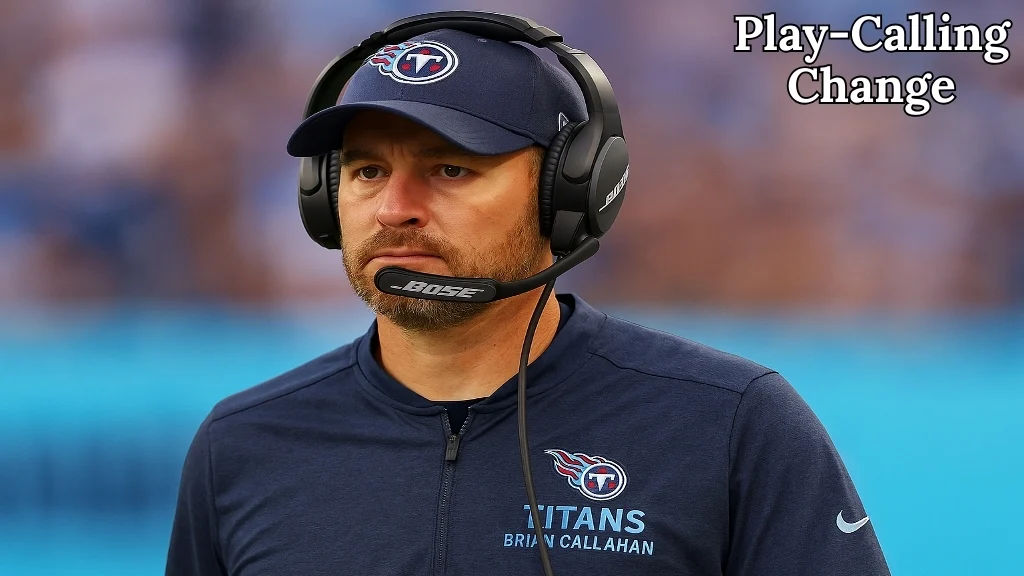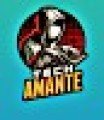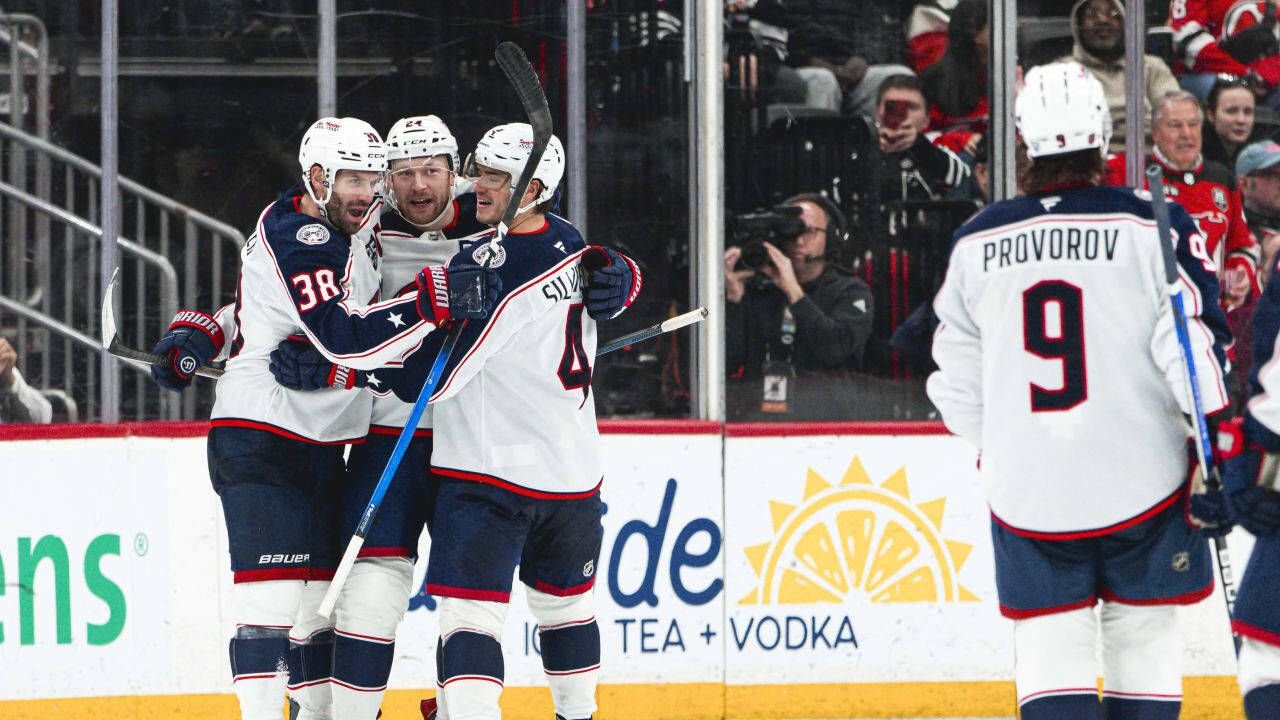Tennessee Titans play-calling change: After three weeks of frustration and an 0–3 opening, the Tennessee Titans are making a clear, immediate change on offense. Head coach Brian Callahan has decided to step back from calling plays on Sundays and hand the headset to quarterbacks coach Bo Hardegree.
The shift is designed to lighten Callahan’s in-game load so he can manage the broader pulse of the team while still shaping the weekly plan with his staff. Nick Holz remains the offensive coordinator and will continue to co-author the game plan even though he won’t be calling plays on game day.
| Key Update | Details |
|---|---|
| What changed | Head coach Brian Callahan is giving up offensive play-calling duties |
| Who takes over | Quarterbacks coach Bo Hardegree becomes the offensive play-caller |
| Who remains OC | Nick Holz stays on as offensive coordinator, focused on game-planning |
| Why now | The Tennessee Titans opened the season 0–3 and need a spark |
| First test of the change | Week 4 matchup against the Houston Texans |
This isn’t about a new playbook overnight. It’s about a different rhythm, a different voice in the quarterback’s ear, and a head coach who can zoom out during games—timeouts, fourth-down decisions, challenges, momentum swings—without juggling the next call sheet line. The Tennessee Titans recognize that a season can tilt on small operational edges, and this is an attempt to find them quickly.
Who Is Bo Hardegree—and Why Him?-Tennessee Titans play-calling change
Hardegree is not a random in-house promotion. He’s a Tennessee native who has called plays in the NFL before, stepping in as the Las Vegas Raiders’ interim offensive coordinator in 2023. He’s respected as a quarterback teacher and communicator, and he already has strong day-to-day chemistry with the Titans’ QBs. That continuity could help the Tennessee Titans translate meetings and practice reps into cleaner execution on Sunday.
Choosing Hardegree over Holz for game-day play-calling may raise eyebrows, but the logic is straightforward: Hardegree’s voice already anchors the quarterback room, Holz is deeply embedded in game-planning and installation, and Callahan remains the top-level strategist. It’s a division of labor that keeps roles familiar while shifting one crucial responsibility at kickoff.
The Context: An Offense Searching for Flow
The Tennessee Titans didn’t make this move in a vacuum. The offense has sputtered out of the gate, with negative plays and stalled drives erasing promising stretches. The franchise is coming off a difficult 2024 and a fresh start was supposed to come from a rebuilt staff and new personnel. When that initial burst didn’t arrive, Callahan did what head coaches are hired to do—adjust boldly and fast. National outlets framed it as a pragmatic decision rather than a panic move, designed to reframe the game-day operation and unlock a cleaner tempo.
What This Means for the Quarterback and Skill Players
For the quarterback, a new play-caller can affect everything from cadence of calls in the huddle to the sequencing of early script plays. Hardegree’s history as a QB coach suggests the Tennessee Titans could see more rhythm throws early, defined reads, and targeted confidence-builders. Expect more emphasis on down-and-distance friendly calls on first and second down to avoid obvious passing situations. If the quarterback room feels calmer and more synchronized, the entire offense benefits.
Skill players may notice subtle differences too. That could mean more motion to diagnose coverage, a quicker screen game to stress the edges, or a renewed commitment to marrying run looks with play-action shots. Offensive linemen might get a steadier diet of double teams and combo blocks that suit their strengths. None of this requires a schematic overhaul—just a refined script and crisper communication that helps the Tennessee Titans play on schedule.
How Callahan’s Role Changes on Sundays
Stepping back from the call sheet allows Callahan to be a true macro manager during the game. He can devote real-time attention to clock management, challenge decisions, defensive adjustments, and the emotional temperature of the sideline. That matters. Earlier this month, Callahan acknowledged a late-game decision he wished he had handled differently; giving himself more bandwidth could reduce those “wish I had that back” moments. The Tennessee Titans are betting that a clearer head coach vantage point translates to better end-game decisions—and better results.
Why Not Wait Longer?
In the NFL, an 0–3 hole forces urgency. Teams that linger, hoping their process “eventually clicks,” often find themselves out of the playoff race by Halloween. Callahan’s move sends a message that the bar hasn’t moved simply because the start was rough. The Tennessee Titans are not resetting expectations; they’re resetting operations to meet them. The timing—early in the season—gives Hardegree multiple games to establish cadence before the playoff picture hardens.
The Locker-Room Read
Players notice when coaches take accountability and act. By redistributing duties, Callahan signals self-awareness and a willingness to do what’s best for the group. Veterans tend to respond positively when a staff removes friction points that players feel on the field—slow calls, late substitutions, or inconsistent series sequencing. If the Tennessee Titans offense starts faster and stays ahead of the sticks, the locker room will buy in quickly.
What to Watch in Week 4 vs. Houston
The first checkpoint arrives against the Texans, who are also hunting for answers of their own. Expect a tight game where small operational wins—a timely timeout, a well-timed shot off play-action, a third-and-medium conversion—decide the outcome. If the Tennessee Titans look more comfortable on their opening script and show better two-minute execution, you’ll know the change is taking root. The opponent offers a fair measuring stick without masking flaws.
The Staff Dynamic: Keeping It Collaborative
Even with Hardegree calling plays, this remains a collaborative room. Holz continues to coordinate the offense, driving film study, opponent scouting, and the weekly plan alongside Callahan. That model—OC as the author, QB coach as the in-game narrator, HC as the CEO—has worked for several successful teams. The Tennessee Titans are adopting a version of it tailored to the skill sets of their coaches and the immediate needs of their roster.
Camaraderie with the Quarterbacks
Quarterbacks tend to thrive when their play-caller speaks their language. Because Hardegree runs the QB room, he knows the favorite concepts, the throws that feel good in warmups, and the protections that feel secure against specific fronts. Expect tight alignment between the quarterback’s first instinct and the first read. In a league where windows are tiny and pockets shrink fast, that alignment can be worth a couple of first downs per half—which is the difference between punting from midfield and walking away with points.
Lessons from Hardegree’s Interim Stretch in Las Vegas
When Hardegree got his interim shot with the Raiders, he leaned on energy, clarity, and a “play fast” mentality. It wasn’t perfect, but the offense flashed big-scoring days that revealed how a swift voice can loosen a unit. That track record, limited as it was, gives the Tennessee Titans a blueprint: simplify, trust matchups, and find quick rhythm throws that keep the chains moving while you set up the knockout punches.
Measuring Success Beyond the Scoreboard
Of course the goal is to win. But in Week 4 and Week 5, look for process improvements even before the wins arrive. Are the Tennessee Titans beating the play clock? Are substitution packages smoother? Are they avoiding delay-of-game penalties, wasted timeouts, and chaotic late huddles? Is the first-drive script generating one early explosive? If those metrics tick up, the wins tend to follow.
The Big-Picture Callahan Narrative
National reporting has made it clear: Callahan isn’t abandoning the offense, and he isn’t throwing up his hands. He’s moving a chess piece so he can see the whole board better. Head coaches who find their groove often talk about when they finally stopped trying to do everything and started empowering the right voices. For the Tennessee Titans, this might be that hinge moment for Callahan.
Could This Unlock the Run Game?
A steadier early-down rhythm could help the Tennessee Titans rediscover balance. If Hardegree’s sequencing produces fewer second-and-long situations, the run game will breathe. That keeps the pass rush honest, opens play-action windows, and prevents the offense from living in obvious must-pass downs. Balance isn’t about run-pass ratio; it’s about keeping the defense guessing. Expect Hardegree to lean into that uncertainty.
Red Zone and Third Down: The Two Money Situations
Watch for red-zone creativity and third-down solves. Hardegree’s QB-centric lens could mean more compressed-area picks and rubs near the goal line, as well as motion that forces defenses to declare coverage. On third downs, expect a stronger menu of “answers” if the first read gets taken away. If the Tennessee Titans finish drives with touchdowns and hover around 45% on third down over the next few weeks, you’ll likely be able to trace it back to cleaner sequencing and sharper situational calls.
Defense, Hidden Yardage, and the Ripple Effect
An offense that sustains drives keeps the defense fresher and influences field position. Even if the Tennessee Titans’ points per game don’t skyrocket immediately, an extra three or four first downs per game can flip hidden yardage and make special teams more impactful. A coaching change on offense can lift all three phases if it improves the team’s week-to-week rhythm.
What This Signals to the Fan Base
Tennessee fans wanted urgency; they got it. The message is that nobody is precious about titles or résumés. If the Tennessee Titans believe Hardegree is the best in-game operator while Holz and Callahan craft the plan, then that’s the configuration they’ll run with. It’s a meritocratic move, which is the kind of language supporters respect when the record is 0–3.
The Road Ahead
The immediate hurdle is Houston. Beyond that, the schedule will supply tests against multiple defensive styles—press man teams, zone-heavy units, pressure packages that dare you to throw hot. The Tennessee Titans don’t need to become a juggernaut overnight; they need a clean identity that travels. If Hardegree provides that voice and Callahan embraces the CEO role in-game, this pivot could be the inflection point the season desperately needed.
Final Word
The play-calling handoff isn’t a magic wand, but it is a smart lever to pull when the offense feels sticky and the head coach needs bandwidth to see the whole game. For the Tennessee Titans, it’s a bet on better communication, sharper sequencing, and a sideline that breathes in crunch time. If those elements improve, the record will correct itself.
FAQs
Why did Brian Callahan give up play-calling now?
Because the Tennessee Titans are 0–3 and needed to reduce in-game friction. By handing the play sheet to Bo Hardegree, Callahan can manage clock, challenges, and fourth-down decisions with a clearer head while still owning the weekly plan with Nick Holz.
Who is Bo Hardegree and what’s his background?
Hardegree is the Tennessee Titans’ quarterbacks coach and a former interim play-caller with the Las Vegas Raiders in 2023. He’s known as a strong communicator with QBs and has called plays at the NFL level before.
Does Nick Holz lose responsibilities?
No. Holz remains the offensive coordinator and continues to drive game-planning and installation through the week, even though he won’t be calling plays on game day.
Is this a long-term change or week-to-week?
Publicly, it’s framed as what the Tennessee Titans need right now. If it works and the offense stabilizes, there’s every chance it becomes the new normal for the rest of the season.
What’s the first sign this change is working?
Look for a cleaner opening script, better third-down solutions, fewer operational hiccups, and more poised late-half sequences. If the Tennessee Titans look calmer and more efficient in the first 15 plays and end-of-half scenarios, that’s your early proof.









